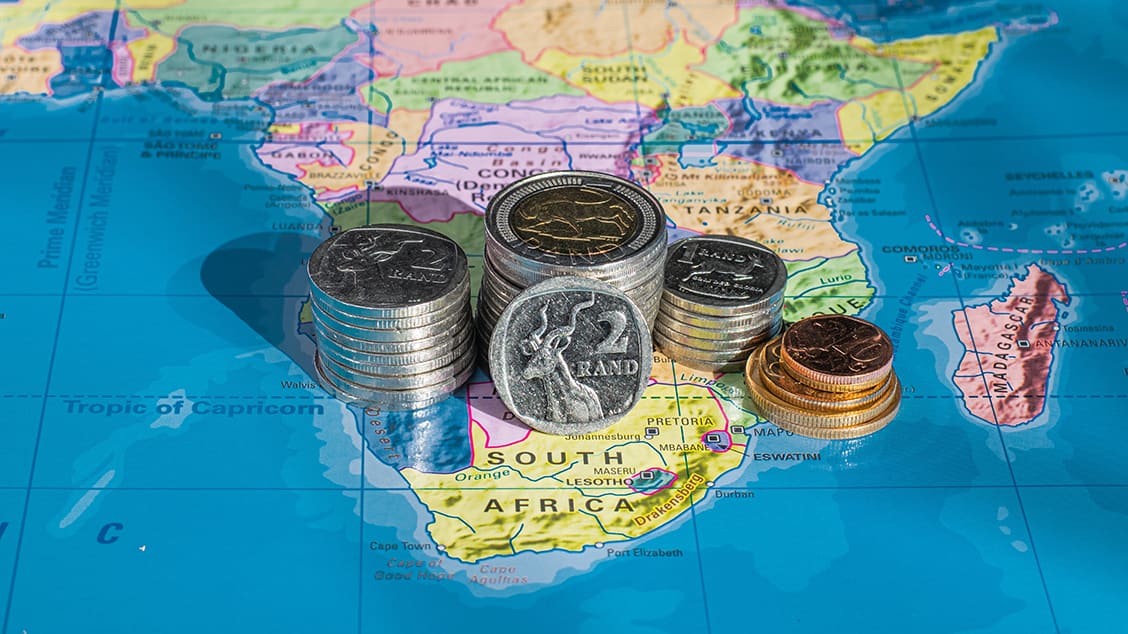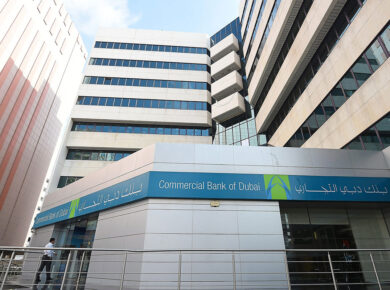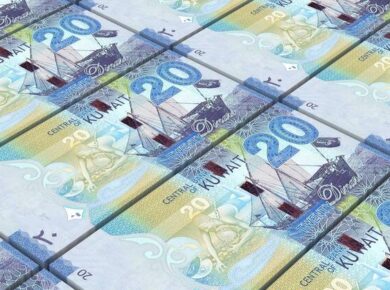UAE’s Strategic Investments in Africa: Opportunities and Challenges
The United Arab Emirates has emerged as one of the most influential investors in Africa, pouring billions of dollars into infrastructure, energy, logistics, and technology projects across the continent. Driven by economic diversification strategies, geopolitical interests, and Africa’s growing economic potential, the UAE’s investments are reshaping trade dynamics and strengthening diplomatic ties.
Yet, as the Gulf nation deepens its economic footprint in Africa, it faces challenges ranging from political instability to regulatory hurdles and competition from global powers like China and the US. So, what opportunities are driving the UAE’s push into Africa, and what roadblocks could hinder its long-term success?
Why Africa? A Strategic Investment Destination
Africa is one of the fastest-growing economic regions in the world, with a population expected to reach 2.5 billion by 2050 and a rapidly expanding middle class. The continent’s vast natural resources, rising digital economy, and large-scale infrastructure needs make it an attractive investment destination for Gulf investors looking for high-growth markets.
For the UAE, investing in Africa aligns with its Economic Diversification Vision 2030, aimed at reducing dependence on oil revenues by expanding trade and investment into emerging markets. Africa’s demand for infrastructure, renewable energy, and logistics solutions presents an opportunity for UAE firms to export their expertise while securing long-term economic partnerships.
“We see Africa as a key growth region,” says Sultan bin Sulayem, Chairman of DP World, a leading Emirati company investing heavily in African ports. “The continent’s economic transformation aligns with our vision of expanding trade and logistics capabilities worldwide.”
Key Sectors Driving UAE’s Investments in Africa
1. Infrastructure and Logistics
One of the UAE’s most significant investments in Africa has been in ports, airports, and trade infrastructure. Dubai-based DP World, a global leader in logistics, has invested over $2 billion in African ports, including projects in Dakar (Senegal), Berbera (Somaliland), and Luanda (Angola).
By modernizing these trade hubs, the UAE is positioning itself as a key player in African supply chains, enabling smoother trade routes between the Middle East, Africa, and Asia. This is particularly important as Africa implements the African Continental Free Trade Area (AfCFTA), which aims to boost intra-African trade and attract more foreign investment.
2. Energy and Renewable Projects
The UAE’s energy giants, such as Masdar and ADNOC, are making bold moves in Africa’s energy sector. While ADNOC focuses on oil and gas exploration, Masdar is leading investments in renewable energy projects to support Africa’s transition to clean energy.
In 2024, Masdar announced a $10 billion investment fund to develop solar and wind farms in Egypt, Morocco, and South Africa, aiming to provide sustainable energy solutions in regions struggling with power shortages. This investment aligns with Africa’s goal of increasing renewable energy capacity while reducing dependence on fossil fuels.
3. Technology and Fintech
The UAE is also backing Africa’s booming tech and fintech ecosystem, recognizing the continent’s potential as a digital economy powerhouse. Dubai-based venture capital firms have invested in African startups specializing in mobile payments, e-commerce, and digital banking.
For example, Dubai’s Chimera Capital recently led a $50 million funding round for a Nigerian fintech startup focused on expanding digital banking services to unbanked populations. With smartphone penetration rising across Africa, Emirati investors see huge potential in mobile-driven financial services and e-commerce growth.
4. Agriculture and Food Security
With limited arable land and water resources, the UAE has been investing in Africa’s agriculture sector to secure food supplies. Emirati firms have acquired large-scale farmlands in Sudan, Ethiopia, and Tanzania, focusing on exporting key crops such as wheat, rice, and fruits back to the Gulf.
Abu Dhabi’s Al Dahra Agriculture has invested heavily in agriculture projects across East and North Africa, ensuring a steady supply of food imports while supporting local farming economies.
Challenges Facing UAE Investments in Africa
Despite the strong economic potential, UAE investors face several risks and challenges when doing business in Africa:
1. Political and Regulatory Uncertainty
African markets are diverse, and political stability varies greatly across the continent. Investors must navigate changing regulations, unpredictable government policies, and sometimes unstable leadership transitions.
For example, DP World’s $1 billion port deal in Djibouti was canceled due to government intervention, highlighting the risks of political interference in major infrastructure projects. Regulatory uncertainty and protectionist policies in some African nations can make long-term investments risky.
2. Competition from Global Powers
The UAE is not the only player investing in Africa. China, the US, and European nations have already established deep economic ties with the continent.
China’s Belt and Road Initiative (BRI) has invested over $200 billion in African infrastructure.
The US’s Prosper Africa program is actively funding African startups and infrastructure projects.
European firms dominate renewable energy and healthcare investments in Africa.
To remain competitive, the UAE must differentiate itself through flexible financing models, strategic partnerships, and a long-term commitment to economic development.
3. Currency and Financial Risks
African economies face currency fluctuations and inflation challenges, which can impact investment returns. The volatility of local currencies in countries like Nigeria and South Africa poses risks for UAE investors relying on stable financial conditions.
Additionally, some African nations impose strict foreign exchange controls, making it difficult for investors to repatriate profits or conduct seamless cross-border transactions.
4. Infrastructure and Security Concerns
While infrastructure investments are booming, many parts of Africa still lack reliable roads, electricity, and digital connectivity. Poor infrastructure increases operational costs for investors, making it harder to scale projects efficiently.
Additionally, security risks in certain regions, including conflicts and militant activities, remain a concern for UAE investors looking to expand operations. Ensuring stable business environments and risk mitigation strategies will be essential for sustained success.
What’s Next? UAE’s Future in Africa
Despite the challenges, the UAE’s commitment to Africa remains strong. Several key trends will shape the next phase of investments:
Increased Public-Private Partnerships (PPPs): UAE firms will likely collaborate with African governments and development banks to ensure mutually beneficial projects.
Stronger Diplomatic Ties: The UAE is using its economic influence to build long-term diplomatic partnerships with African nations, ensuring smoother trade agreements and regulatory cooperation.
Sustainable Investments: Expect more green energy and technology-driven projects, aligning with both UAE’s net-zero goals and Africa’s energy transformation.
As the UAE deepens its economic footprint across Africa, its success will depend on navigating regulatory landscapes, managing risks, and fostering trust with local governments and businesses. If executed strategically, the Middle East-Africa economic corridor could become one of the most powerful investment partnerships of the next decade.
For investors and businesses looking to enter African markets, the UAE’s growing presence presents unique opportunities to collaborate, expand, and drive economic growth across both regions.





